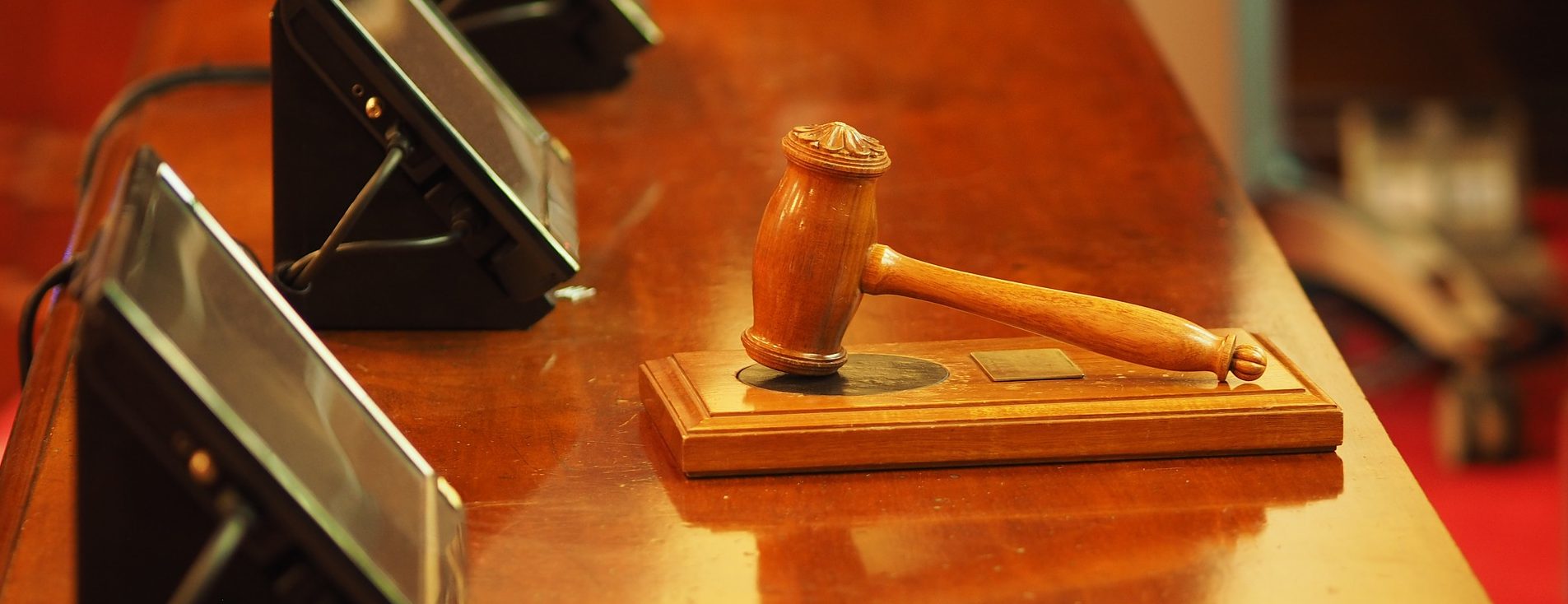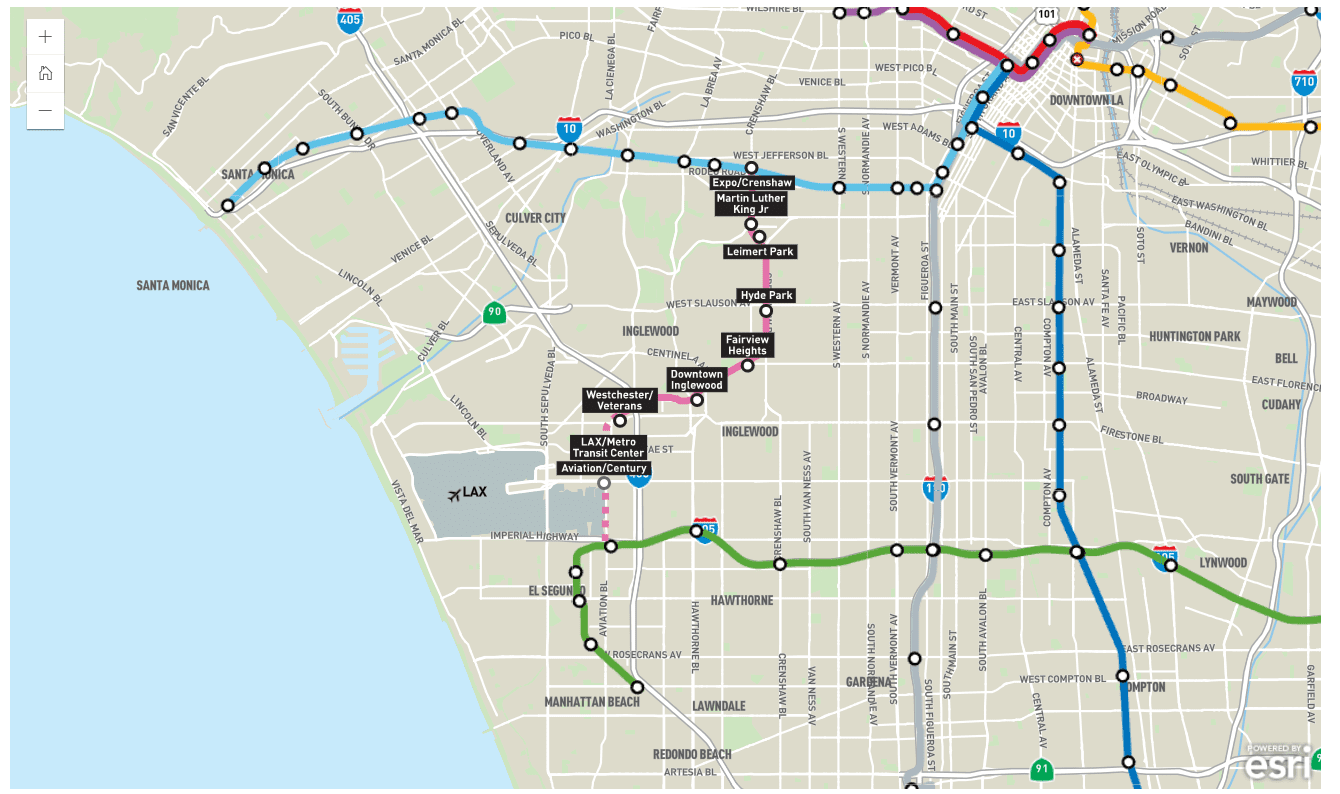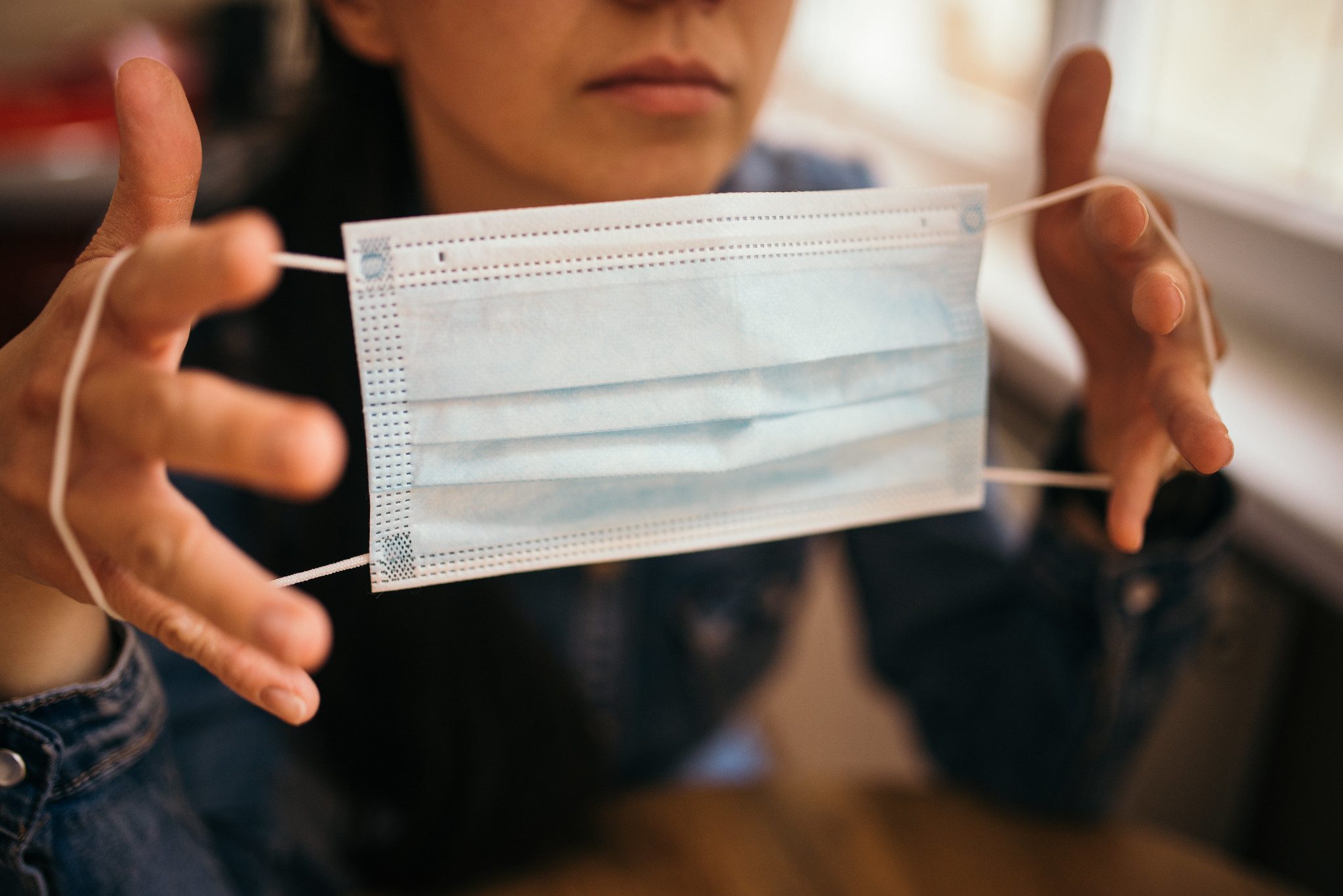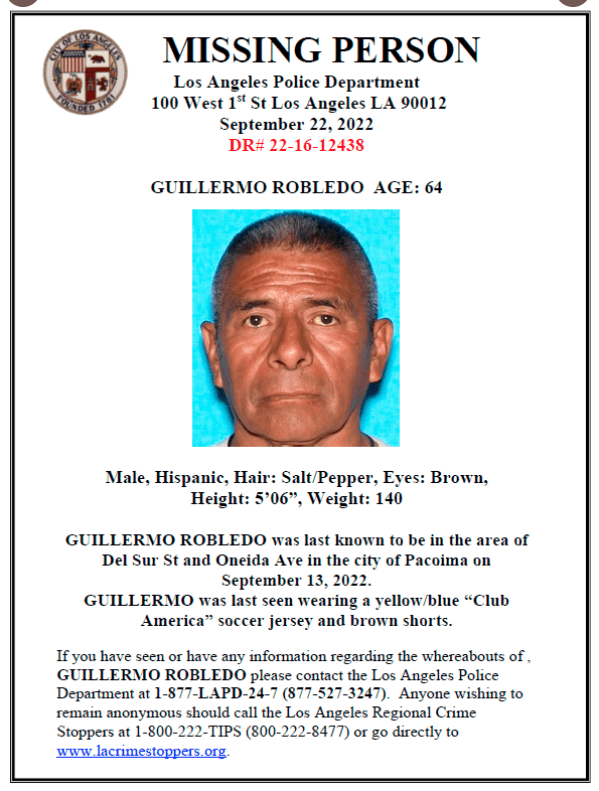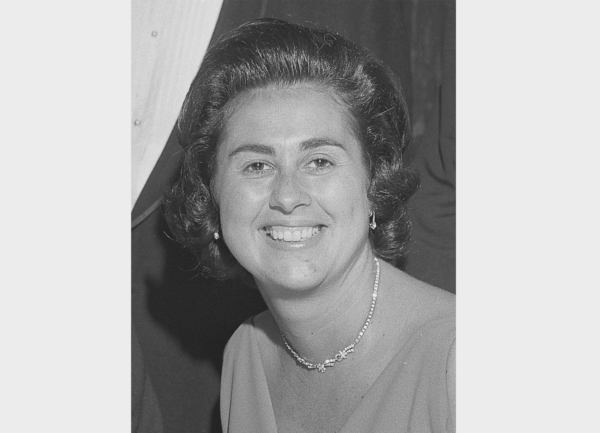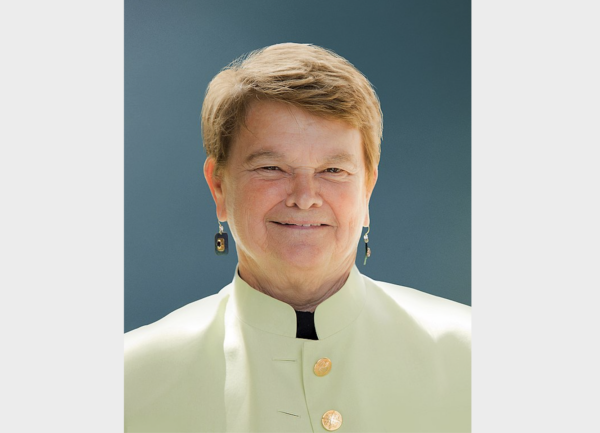A mistrial was declared Thursday in the trial of a 32- year-old man charged with gunning down a bookie he worked with in a Huntington Beach parking lot when jurors deadlocked on a verdict.
Dennis Tri Gia Dang was charged with murder with sentencing enhancements for discharge of a firearm causing great bodily injury and the personal use of a firearm. He is accused of fatally shooting 48-year-old Linh Ho of Westminster about 12:15 p.m. Oct. 20, 2019, at Magnolia Street and Warner Avenue.
Jurors, who deliberated for seven days, acquitted him of first-degree murder, but deadlocked between second-degree murder and voluntary manslaughter. Seven of the jurors voted for second-degree murder and five opted for the lesser charge. Orange County Superior Court Judge Richard King declared a mistrial and set a hearing for Oct. 3 for attorneys to discuss how to go forward with the case.
The defendant’s father, Jimmy Dang, was a “good friend of Mr. Ho,” said Senior Deputy District Attorney Janine Madera, who added that Ho earned a living as a bookie and ran a “tight operation.”
Dennis Dang worked as a “kind of middleman” bookie, recruiting bettors and collecting debts for Ho, Madera said in her opening statement of the trial.
“The defendant shot Mr. Ho in the temple while sitting in the victim’s car in a parking lot” next to a “soup and noodle” restaurant, Madera said.
The two had worked together for about eight years and Dang often owed his boss about $10,000 to $20,000, “which in the world of gambling is really routine,” but the two had issues when Dang’s debt ballooned to about $55,000, Madera said.
In text messages between the two, it appeared Ho was concerned Dang was avoiding him, with Ho at one point saying, “I hope you’re not playing me, bud,” Madera said.
After clubbing with his close friend Casey Ngo and others, Dang had a late breakfast with them on the day Ho was shot, Madera said.
Ngo told authorities that Dang “has a gambling addiction,” and he thought the defendant owed Ho $65,000, Madera said.
“He knows the victim is upset about the money he is owed,” Madera said. “And that (Ho) has threatened the defendant.”
Dang asked Ngo to go with him to meet with Ho after breakfast, Madera said.
Dang and Ngo drove to the meeting place in Huntington Beach about noon, but before they went, they stopped at Dang’s home so he could get a gun and backpack and change clothes, Madera said. He claimed the backpack was stuffed with $2,000 to $3,000 in cash, she added.
Dang had Ngo park in an area behind the restaurant with no view of Ho’s vehicle, Madera said.
The prosecutor screened surveillance video for jurors that showed the defendant get into Ho’s Escalade for less than a minute and then pop out and run, Madera said. Dang, who hid the gun, told Ngo beforehand to get ready to drive away, the prosecutor added.
The victim had asked to meet in a public place and did not bring a weapon, the prosecutor noted.
The defendant went back to Ngo’s home after the shooting and changed into a third set of clothes, Madera said.
When Ngo asked what happened, the defendant kept brushing him off until he finally said, “He was tripping so I had to pop him,” Madera alleged.
Ngo then threw him out of the house, Madera said.
“This case is about what happened inside that car,” Madera said.
When police questioned Dang he initially denied being at the crime scene until he was confronted with surveillance video evidence, Madera said. Then Dang changed his story to say Ho “grabbed his hand” and he panicked, Madera added.
“He never says he (Ho) had a gun or that he thought he had a gun,” Madera said.
Eventually, Dang wrote a letter of apology to the widow, the prosecutor said.
“If you use your common sense you’re going to find the defendant murdered the victim and did not act in self-defense,” Madera said.
Dang’s attorney, Ricardo Nicol III, told jurors that his client would testify in the trial, but the defendant later changed his mind.
The defense attorney predicted the evidence is “going to support a very strong case for self-defense.”
Dang grew up in Westminster and about a year before he earned a degree in criminal justice at UC Irvine he went to work for Ho, Nicol said. His father, who had a machine shop for aircraft family business, met Ho as a customer, Nicol said.
Dang’s father enjoyed watching professional football games that he bet on with his friends, and Ho eventually would become friends with Dang and joined the NFL watching parties, Nicol said.
Nicol said it is important for bookies to let their clients know that if they don’t pay up on lost bets they could be punished.
“They want people to know they’re serious,” Nicol said.
Dang’s “problem” was many of his clients were his college buddies, so he was reluctant to push them to pay off debts, Nicol said.
“He didn’t have it in him to threaten his buddies,” Nicol said.
There were times Dang just covered the debts of his clients, “hoping his friends would pay him back,” Nicol said. “It was almost like a little Ponzi scheme.”
Ho “wasn’t happy about it and this is when the tensions began,” Nicol said.
Dang knew Ho usually had a gun in the glove compartment of his car, and Ho advised Dang to get a gun and show it to his customers so they would get the hint, Nicol said.
“Dennis was starting to get worried” as his debt mounted, Nicol said. “He didn’t know what Mr. Ho would do.”
Then Ho gave Dang a deadline, which was the day after Ho was shot, Nicol said.
Ho texted him, “Don’t blame me for what happens to you,” Nicol said.
Dang and Ho got into a heated argument in the Escalade and the defendant told police he was frightened, Nicol said.
“He says there was a struggle in the car and he was scared,” Nicol said. “He believed he needed to protect himself.”

